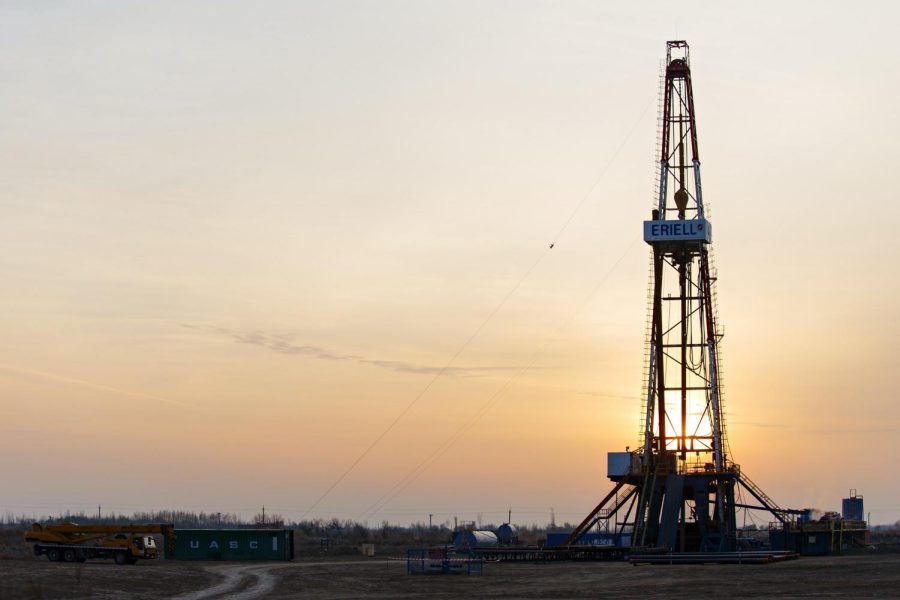The Willow project approved by Biden administration
The Willow project, if continued, will cost billions of dollars and further global warming
“Willow’s plan includes hundreds of miles of roads and pipelines, airstrips, a gravel mine, and a new processing facility in the middle of pristine Arctic tundra and wetland,” said the Washington Post.
If you’ve been on social media at all recently you’ve undoubtedly heard of the Willow project.
Originally approved by the Trump administration in 2020, this decision was shot down by the courts in 2021. But earlier this week, it was approved by the Biden administration in contrast with U.S. efforts to move from fossil fuels to more sustainable and renewable energy.
The Willow project is not particularly intricate, but even in its simplicity, it has caused a lot of controversy. Its cost is estimated between $8 and $10 billion, making it the country’s biggest oil project under consideration.
The Biden administration has made many environmental pledges, even promising to end new oil drilling on federal land. But Alaskan federal lands are being used. Some hoped President Biden would stick to environmental pledges when he took office, but the approval of Willow has eliminated such hope.
The purpose of Willow is to access more oil through drilling in Alaska. Estimates say this project could produce up to 576 million barrels of oils lasting 30 years. Climate activists are trying to move the world’s primary source of energy away from oil – this has done the exact opposite.
“Willow’s plan includes hundreds of miles of roads and pipelines, airstrips, a gravel mine, and a new processing facility in the middle of pristine Arctic tundra and wetland,” said the Washington Post.
In terms of carbon footprint, Willow’s oil is estimated to release “239 million metric tons of carbon dioxide during the project’s 30-year lifetime”.
The project still has a chance of not moving forward, but even in that case, many have expressed their disappointment with the Biden administration. Activists and others disagree with the decision made.
The administration publicly stated that ConocoPhillips held leases allowing them to develop on federal land. If the president had tried to shut it down, ConocoPhillips allegedly could have sued for billions.
Yes, this project reduces U.S. reliance on other countries for oil. But it also extends use of nonrenewable fossil fuels, a harm that will never be undone. As we know, fossil fuels contribute to global climate change. But on smaller levels, the Willow project could hurt local animal communities and air quality, as well as cause spills resulting in the loss of biodiversity.
Your donation will support the student journalists of Mead High School. Your contribution will allow us to purchase equipment and cover our annual website hosting costs.

Arizona Lee is a senior, and this is her second year as Editor-in-Chief of The Mav. She enjoys reading, listening to good music, and spending time with friends. She hopes to guide the student newspaper and broadcast this year to continued success.











